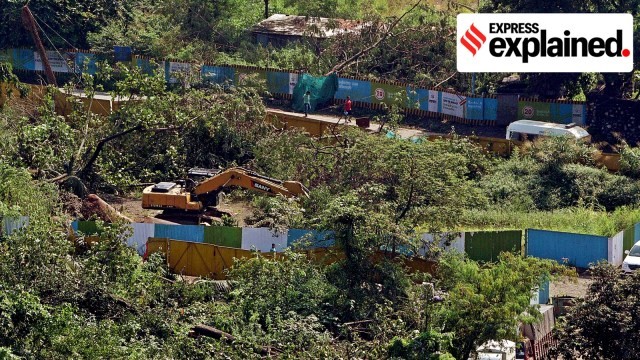Supreme Court Strikes Down Retrospective Environmental Clearances

- 20 May 2025
In News:
In a significant verdict for environmental governance, the Supreme Court of India, in the case Vanashakti v. Union of India (May 2025), struck down the 2017 notification and 2021 Standard Operating Procedure (SOP) issued by the Ministry of Environment, Forest and Climate Change (MoEF&CC). These instruments allowed retrospective (ex-post facto) environmental clearances—i.e., granting environmental approval to industries after they had begun operations without prior clearance.
What are Retrospective Environmental Clearances?
- Definition: Ex-post facto clearances permit projects to start operations without prior Environmental Impact Assessment (EIA) approval and seek clearance later.
- Contradiction: These violate the EIA Notification, 2006, issued under the Environment (Protection) Act, 1986, which mandates prior approval before beginning any project impacting the environment.
Details of the 2017 Notification & 2021 SOP
- 2017 Notification:
- Provided a one-time 6-month window for industries that violated clearance norms to regularize operations.
- Central-level appraisal for all cases, regardless of project size or category.
- Violators remained subject to action by State Pollution Control Boards.
- Intended to bring violators under regulatory oversight and ensure remediation costs.
- 2021 SOP:
- Issued to standardize processing of violation cases following an NGT directive.
- Did not use the term “ex-post facto”, but allowed project appraisals after operations began—effectively regularising violations.
- Appraisal Committee: A committee led by NEERI’s former director S.R. Wate appraised such cases over 47 meetings between 2017–2021.
Supreme Court’s Rationale
- Violation of Fundamental Rights:
- Held the 2017 Notification and 2021 SOP unconstitutional as they violate:
- Article 21 – Right to a clean and pollution-free environment.
- Article 14 – Equality before law; violators were unjustly protected.
- Held the 2017 Notification and 2021 SOP unconstitutional as they violate:
- Against Environmental Jurisprudence:
- Reaffirmed past rulings:
- Common Cause v. Union of India (2017)
- Alembic Pharmaceuticals v. Rohit Prajapati (2020)
- These had declared ex-post facto clearances illegal and anathema to environmental law.
- Reaffirmed past rulings:
- On “One-Time” Justification:
- Rejected the Centre’s argument that the 2017 measure was a one-time exception.
- Even a one-time relaxation, the Court said, undermines environmental protections and encourages illegal practices.
- Criticized Centre's Intent:
- Noted that the SOP was a disguised attempt to bring back ex-post facto clearances.
- Warned against such “clever drafting” to bypass the law.
Implications of the Verdict
- Reinforces EIA Norms: Upholds the mandatory prior environmental clearance process under EIA 2006.
- Strengthens Environmental Rule of Law: Emphasizes precautionary principle and polluter pays principle.
- Curtails Regulatory Evasion: Sends a clear message that industries cannot bypass environmental safeguards.
- Protects Public Health: Highlights link between environmental damage and issues like pollution in Delhi.
- Judicial Oversight: Asserts constitutional checks on executive actions that dilute environmental protections.
